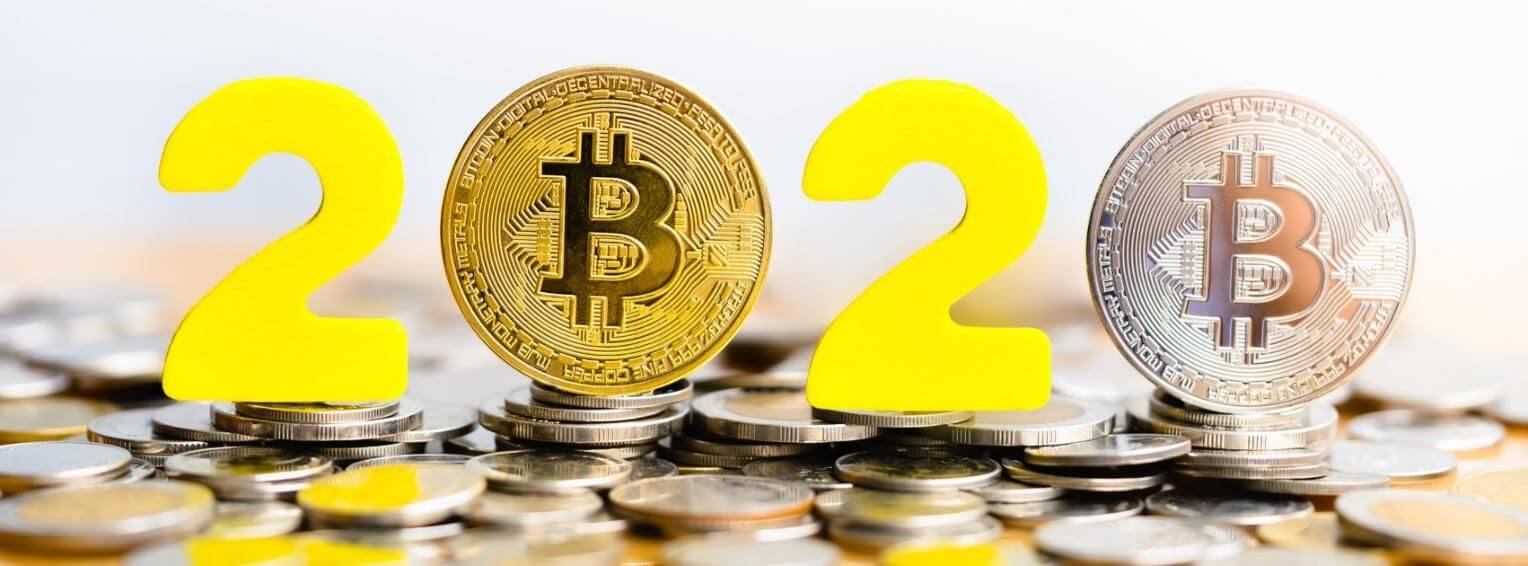
The year ahead could be the cryptocurrencies first major test: a recession on the horizon, a pandemic, a halving and a US election – will Bitcoin survive and thrive?
2020 is potentially a watershed year for Bitcoin, cryptocurrency projects and world financeAn ex-Goldman Sachs executive has given new life to Bitcoin’s safe haven theory, saying he is transferring a quarter of his portfolio to Bitcoin. Citing a potential insolvency crisis in the face or the corona crisis, the ex-executive is also said to be putting 25% of his wealth into gold and another 25% into cash holdings.
When a company declares insolvency, it means it no longer has the cash to pay for its expenses, including rental costs, goods and employee wages.
If too many companies are forced to declare bankruptcy, a domino effect could emerge, rippling through the economy and crashing many more businesses over the coming months.
The executive claims he is transferring a large portion of his portfolio into Bitcoin as a hedge against the collapse of businesses. As Bitcoin does not ‘make’ anything, in the same way that gold bars in a vault have no intrinsic value, it can be viewed as a haven asset that can supposedly weather the storm of economic turbulence.
This could be prudent thinking in a time when stocks and commodities have an uncertain future right now as the full extent of the crisis is not yet known. Restricting one’s portfolio to Bitcoin and gold and cash, as this individual is doing, may be the safest way to store assets.
2020 could be Bitcoin’s biggest test yet, with the coronavirus casting an economic shadow – the first of this magnitude since 2008 and Bitcoin’s first real test, – the upcoming halving in May causing disruption to mining networks and a US presidential election at the end of the year combined with Britain’s exit from the European Union to throw more uncertainty into the mix.
US legislators discussed in March rolling out a ‘digital dollar’ as a means to distribute severance packages to American citizens and businesses – showing that cryptocurrencies and the idea of digital currencies is now being taken more seriously.
South Korea’s central bank has rolled out a 22-month test programme, to develop its own digital won. This is an extensive testing period that could reveal the possibilities and limitations of digitalising fiat currencies and provide a good framework and example for other countries to follow.
The testing would look at blockchain technology as a distribution model to see if it could be successfully integrated with existing financial mechanisms and procedures.
2020, and throughout 2021, could be the period in which cryptocurrency projects are finally brought to a head and are truly tested for real world uses and applications – making this a very exciting times for investors and cryptocurrency advocates.

